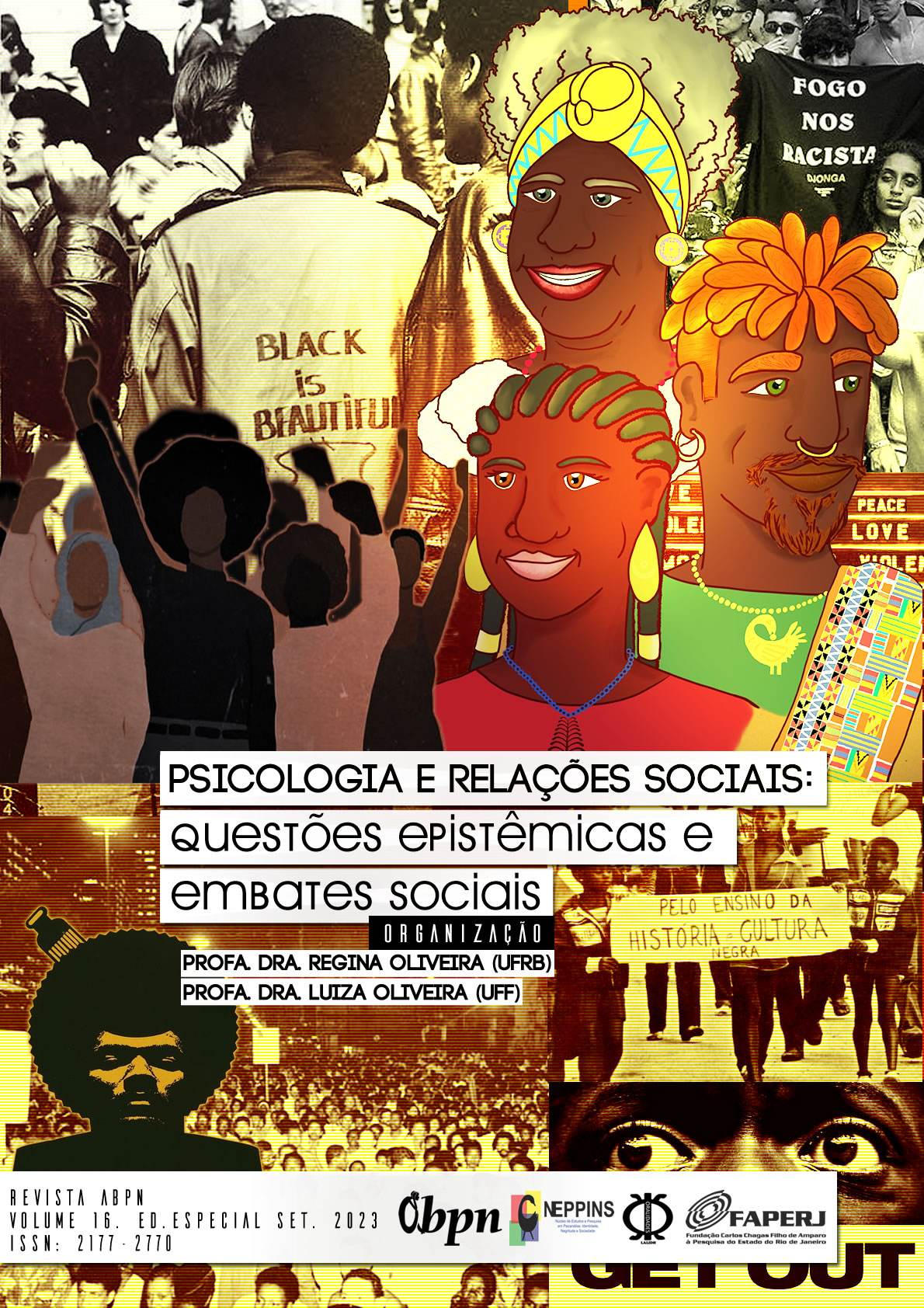COLONIALITY UNDER EXAMINATION THROUGH THE PRISM OF SOCIAL PSYCHOLOGY
Main Article Content
Abstract
Modernity and coloniality have an interdependent relationship that defines who are considered "humans" and the "primitive" dehumanized, through ethnic-racial, sexual, spiritual classifications of humanity. In this theoretical essay, we conducted a narrative literature review to examine coloniality through the theoretical-conceptual field of social psychology. In order to illustrate the power of this interdependence, we highlight the central importance of race-ethnicity in the historiography of modern psychology in Brazil. Finally, we analyze the phenomenon of coloniality in relation to the language of ethnic-racial humanization-dehumanization, grounding ourselves in the psychological theories of social identity and essentialism. From this historical and theoretical perspective, it is possible to identify the psychosocial effects of coloniality and racism that are based on stereotypes, prejudice, and discrimination, humanizing privileged groups and dehumanizing subordinate groups, aiming to maintain the status quo.
Article Details

This work is licensed under a Creative Commons Attribution 4.0 International License.
Copyright Statement
- Authors retain copyright and grant the journal the right of first publication, with work simultaneously licensed under the Creative Commons Attribution License CC-BY 4.0 which allows the sharing of the work with acknowledgment of the authorship of the work and initial publication in this journal.
- Authors are authorized to enter into additional contracts separately for non-exclusive distribution of the version of the work published in this journal (eg, publishing in institutional repository or book chapter), with acknowledgment of authorship and initial publication in this journal.
- Authors are allowed and encouraged to post and distribute their work online (eg in institutional repositories or on their personal page) at any point before or during the editorial process, as this may lead to productive changes as well as increase impact and citation of published work (See The Effect of Free Access).

